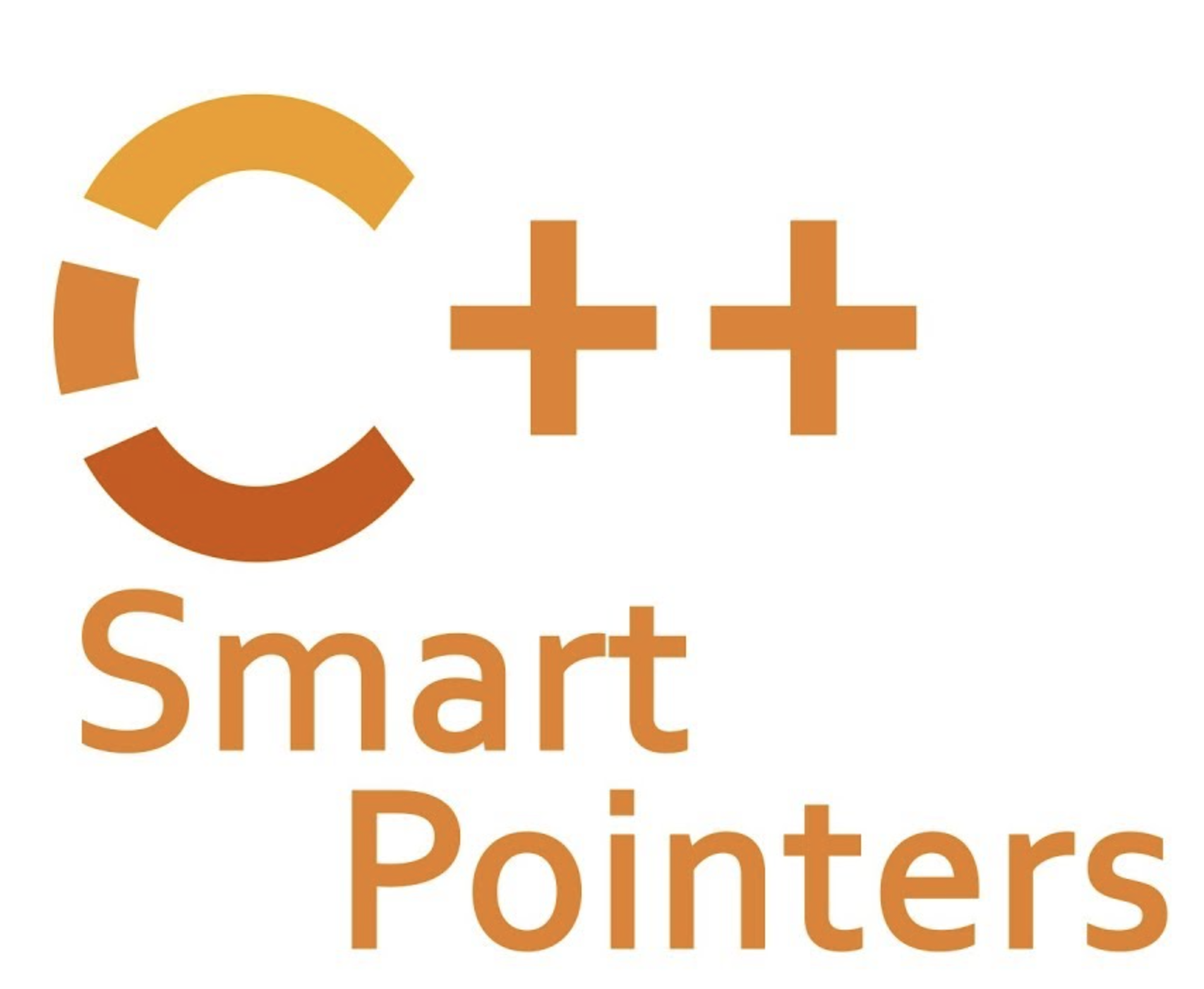
Smart Pointers in Modern C++: A Guide to Memory Safety
Memory management is one of the most challenging aspects of C++ programming. Traditional raw pointers require manual memory management, which can lead to memory leaks and dangling pointers. Modern C++ (C++11 and later) introduced smart pointers to help manage memory automatically and safely. This guide will explore the different types of smart pointers and how to use them effectively.
Table of Contents
- Why Smart Pointers?
- Types of Smart Pointers
- Unique Pointers
- Shared Pointers
- Weak Pointers
- Best Practices
- Real-World Examples
Why Smart Pointers?
Traditional C++ memory management using raw pointers (T*) comes with several risks:
- Memory leaks from forgotten
deletecalls - Dangling pointers from accessing deleted memory
- Double deletion of the same memory
- Exception safety issues
Smart pointers solve these problems by:
- Automatically managing memory through RAII (Resource Acquisition Is Initialization)
- Ensuring proper cleanup when objects go out of scope
- Preventing common memory-related bugs
- Making code more maintainable and safer
Types of Smart Pointers
C++ provides three main types of smart pointers in the <memory> header:
std::unique_ptr<T>: Exclusive ownershipstd::shared_ptr<T>: Shared ownershipstd::weak_ptr<T>: Non-owning observer
Unique Pointers
std::unique_ptr represents exclusive ownership of a dynamically allocated object. Only one unique_ptr can own the object at a time.
#include <memory>
#include <iostream>
class Resource {
public:
Resource() { std::cout << "Resource acquired\n"; }
~Resource() { std::cout << "Resource released\n"; }
void use() { std::cout << "Resource in use\n"; }
};
int main() {
// Create a unique_ptr
std::unique_ptr<Resource> resource = std::make_unique<Resource>();
// Use the resource
resource->use();
// Resource is automatically deleted when resource goes out of scope
return 0;
}
Key features of unique_ptr:
- Cannot be copied (exclusive ownership)
- Can be moved using
std::move - Automatically deletes the managed object
- Zero overhead compared to raw pointers
Shared Pointers
std::shared_ptr implements shared ownership through reference counting. Multiple shared_ptr instances can own the same object.
#include <memory>
#include <iostream>
class SharedResource {
public:
SharedResource() { std::cout << "SharedResource created\n"; }
~SharedResource() { std::cout << "SharedResource destroyed\n"; }
};
void useSharedResource(std::shared_ptr<SharedResource> resource) {
std::cout << "Resource use count: " << resource.use_count() << "\n";
}
int main() {
// Create a shared_ptr
std::shared_ptr<SharedResource> resource = std::make_shared<SharedResource>();
// Pass to a function
useSharedResource(resource);
// Create another shared_ptr pointing to the same resource
std::shared_ptr<SharedResource> anotherResource = resource;
std::cout << "Final use count: " << resource.use_count() << "\n";
return 0;
}
Key features of shared_ptr:
- Reference counting for shared ownership
- Thread-safe reference counting
- Can be copied and moved
- Slightly more overhead than
unique_ptr
Weak Pointers
std::weak_ptr is used to break circular references between shared_ptr instances and to observe objects without affecting their lifetime.
#include <memory>
#include <iostream>
class Node {
public:
std::shared_ptr<Node> next;
std::weak_ptr<Node> prev; // Use weak_ptr to break circular reference
Node() { std::cout << "Node created\n"; }
~Node() { std::cout << "Node destroyed\n"; }
};
int main() {
// Create two nodes
auto node1 = std::make_shared<Node>();
auto node2 = std::make_shared<Node>();
// Link them
node1->next = node2;
node2->prev = node1;
// Check if the weak pointer is still valid
if (auto sharedPrev = node2->prev.lock()) {
std::cout << "Previous node is still alive\n";
}
return 0;
}
Key features of weak_ptr:
- Doesn’t affect reference count
- Can check if the pointed object still exists
- Can be converted to
shared_ptrwhen needed - Useful for implementing caches and observers
Best Practices
- Prefer
unique_ptrovershared_ptr// Good std::unique_ptr<Resource> resource = std::make_unique<Resource>(); // Only use shared_ptr when shared ownership is necessary std::shared_ptr<Resource> sharedResource = std::make_shared<Resource>(); - Use
make_uniqueandmake_shared// Good auto ptr = std::make_unique<Resource>(); // Avoid std::unique_ptr<Resource> ptr(new Resource()); - Avoid raw pointers when possible
// Good void process(std::unique_ptr<Data> data); // Avoid void process(Data* data); - Use
weak_ptrto break circular referencesclass Parent { std::shared_ptr<Child> child; }; class Child { std::weak_ptr<Parent> parent; // Use weak_ptr here };
Real-World Examples
1. Resource Management
class FileHandler {
private:
std::unique_ptr<FILE, decltype(&fclose)> file;
public:
FileHandler(const char* filename)
: file(fopen(filename, "r"), &fclose) {
if (!file) throw std::runtime_error("Failed to open file");
}
// File is automatically closed when FileHandler is destroyed
};
2. Factory Pattern
class Product {
public:
virtual ~Product() = default;
virtual void use() = 0;
};
class Factory {
public:
std::unique_ptr<Product> createProduct() {
return std::make_unique<ConcreteProduct>();
}
};
3. Observer Pattern
class Observer {
public:
virtual void update() = 0;
virtual ~Observer() = default;
};
class Subject {
private:
std::vector<std::weak_ptr<Observer>> observers;
public:
void addObserver(std::weak_ptr<Observer> observer) {
observers.push_back(observer);
}
void notify() {
for (auto& weakObserver : observers) {
if (auto observer = weakObserver.lock()) {
observer->update();
}
}
}
};
Conclusion
Smart pointers are a powerful feature of modern C++ that help prevent memory leaks and make code more maintainable. By understanding and using unique_ptr, shared_ptr, and weak_ptr appropriately, you can write safer and more robust C++ code. Remember:
- Use
unique_ptrfor exclusive ownership - Use
shared_ptronly when shared ownership is necessary - Use
weak_ptrto break circular references - Prefer
make_uniqueandmake_sharedover direct construction - Avoid raw pointers when smart pointers can be used instead
By following these guidelines, you’ll be well on your way to writing modern, safe, and efficient C++ code.